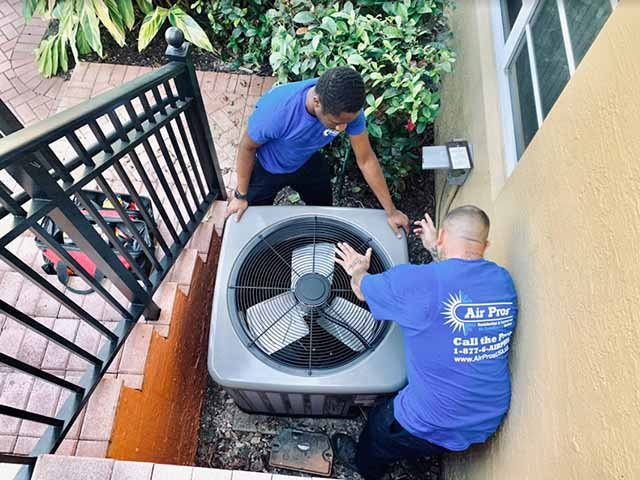In the scorching heat of summer or the bitter cold of winter, air conditioning systems stand as our silent guardians, ensuring our comfort throughout the year. However, not all air conditioning systems are created equal. From traditional central air systems to modern ductless mini-splits, the options are diverse and tailored to various needs and preferences. In this comprehensive guide, we delve into the different types of air conditioning systems, their functionalities, advantages, and ideal applications.
Central Air Conditioning Systems
Central air conditioning systems are perhaps the most common type found in residential and commercial spaces alike. They operate by distributing cooled air through a network of ducts and vents installed throughout the building. These systems typically consist of an outdoor unit containing a compressor and condenser coil, along with an indoor unit housing the evaporator coil and air handler.
Advantages:
- Whole-house Cooling: Central air systems provide consistent cooling throughout the entire building, ensuring uniform comfort levels.
- Energy Efficiency: With advancements in technology, modern central air systems boast impressive energy efficiency ratings, helping reduce utility bills.
- Noise Reduction: Since the noisy components are located outside, central air systems tend to operate quietly indoors.
Ideal Applications:
Central air conditioning systems are ideal for larger homes, commercial buildings, and spaces where uniform cooling is essential.
Ductless Mini-Split Systems
Ductless mini-split systems offer a flexible alternative to traditional central air systems, particularly in spaces where ductwork installation is impractical or cost-prohibitive. As the name suggests, these systems do not rely on ducts to distribute air. Instead, they consist of an outdoor unit connected to one or more indoor air-handling units via refrigerant lines.
Advantages:
- Zone Cooling: Ductless mini-splits allow for individual temperature control in different areas or rooms, offering enhanced comfort and energy savings.
- Easy Installation: Since no ductwork is required, installation is relatively quick and straightforward, making ductless systems a practical solution for renovations or additions.
- Improved Indoor Air Quality: Without ducts, there’s no worry about dust, pollen, or other contaminants accumulating and circulating throughout the building.
Ideal Applications:
Ductless mini-split systems are perfect for small apartments, room additions, or spaces where traditional ducted systems are not feasible.

Window Air Conditioning Units
Window air conditioning units are a budget-friendly option commonly used to cool individual rooms or small spaces. These self-contained units are installed directly into a window or a specially designed wall opening. If you are interested in learning more about ac repair, be sure to visit their page for further info.
Advantages:
- Affordability: Window units are typically more affordable to purchase and install compared to other air conditioning systems.
- Portability: Since they’re not permanently installed, window units can be easily removed and relocated as needed.
- Space Saving: Perfect for apartments or smaller rooms where space is limited, window units don’t take up valuable floor space.
Ideal Applications:
Window air conditioning units are ideal for single rooms, small apartments, or spaces where temporary cooling is required.
Portable Air Conditioners
Similar to window units, portable air conditioners offer a convenient cooling solution for individual rooms or small spaces. These freestanding units are equipped with wheels for easy mobility and typically feature an exhaust hose to vent hot air outside.
Advantages:
- Portability: As the name suggests, portable air conditioners can be moved from room to room as needed, providing targeted cooling wherever it’s required.
- No Installation Required: Unlike window units, portable ACs don’t require permanent installation, making them suitable for renters or temporary cooling solutions.
- Versatility: Many portable AC units also function as dehumidifiers or fans, offering additional comfort options.
Ideal Applications:
Portable air conditioners are perfect for renters, small apartments, or rooms where traditional cooling solutions are impractical.
In conclusion, the world of air conditioning systems is vast and varied, offering options to suit every need and preference. Whether you’re looking for whole-house cooling with a central air system, customizable comfort with ductless mini-splits, or convenient cooling for individual rooms with window or portable units, there’s a solution tailored to your requirements. By understanding the different types of air conditioning systems and their unique features, you can make an informed decision to ensure comfort and efficiency in your home or workspace.
